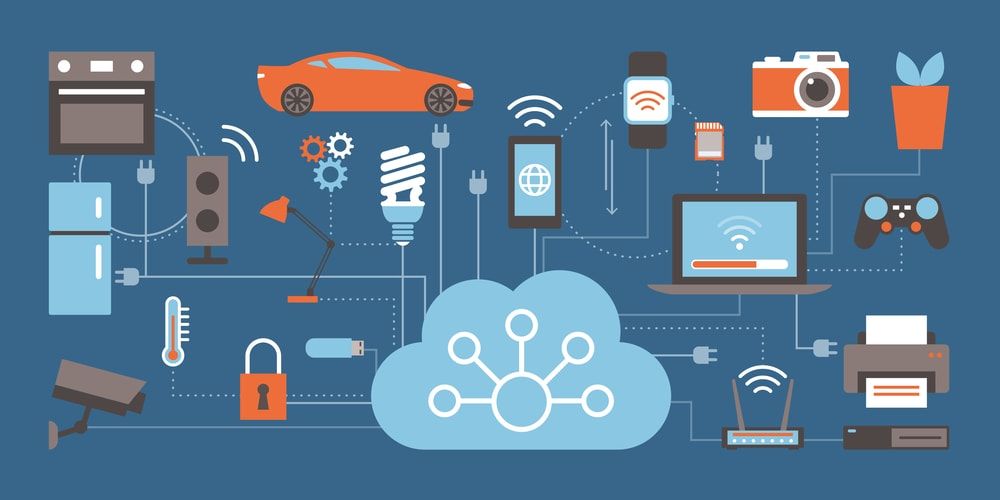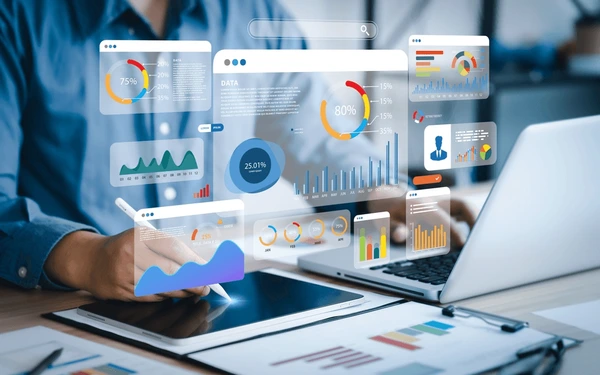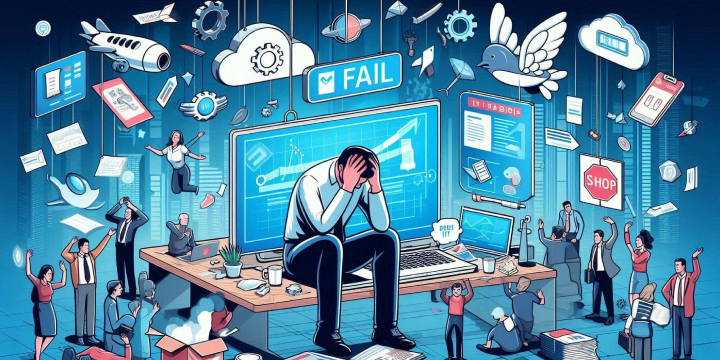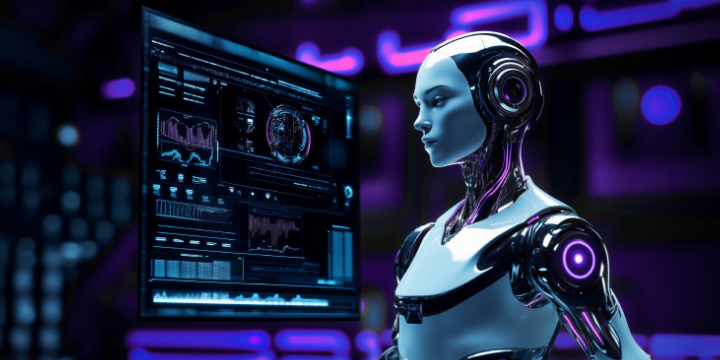Introduction
Enterprise Resource Planning (ERP) systems have long been the backbone of many organizations, integrating core business processes and facilitating the flow of information across departments. With the rapid advancement of technology, ERP solutions are evolving, becoming more intelligent and adaptable to the dynamic needs of businesses. In this blog, we will explore the latest smart innovations driving the future of ERP solutions and how these advancements are transforming the way organizations operate.
AI and Machine Learning Integration
AI and Machine Learning are revolutionizing ERP systems by enhancing decision-making and automating routine tasks. By analyzing vast amounts of data, these technologies provide predictive insights and actionable recommendations, helping businesses stay ahead of market trends and optimize operations. With AI and ML integration, ERP systems become smarter and more efficient, empowering organizations to make data-driven decisions and achieve greater operational efficiency.
Internet of Things (IoT) Integration
The Internet of Things (IoT) is significantly transforming ERP systems by enabling real-time data collection and analysis. IoT devices and sensors provide continuous streams of data, offering valuable insights into equipment performance, supply chain operations, and customer behavior. This real-time visibility allows businesses to proactively address issues, optimize processes, and enhance operational efficiency.

Cloud-Based ERP Solutions
Cloud ERP allows businesses to scale their operations up or down based on demand. Implementing and maintaining on-premises ERP systems can be costly and resource-intensive. Cloud-based ERP solutions offer a cost-effective alternative by eliminating the need for expensive hardware and reducing IT maintenance costs. With a subscription-based pricing model, businesses can better manage their expenses and allocate resources more efficiently.
Advanced Analytics and Business Intelligence
Modern ERP systems leverage predictive and prescriptive analytics to forecast future trends and recommend optimal actions.These tools enable organizations to gather, analyze, and visualize data from various sources, providing a comprehensive view of business performance. With real-time dashboards and customizable reports, decision-makers can quickly access critical information and make data-driven decisions to drive growth and improve efficiency.

Conclusion
Intelligent ERP systems are revolutionizing the way businesses operate. They drive efficiency and strategic decision-making, helping you stay competitive in an ever-changing market. AI and ML, IoT integration, cloud-based solutions, and advanced analytics are driving the evolution of ERP systems, enabling businesses to operate more efficiently and stay competitive in a rapidly changing market. By embracing these innovations, organizations can unlock new opportunities, improve operational performance, and achieve sustainable growth.




